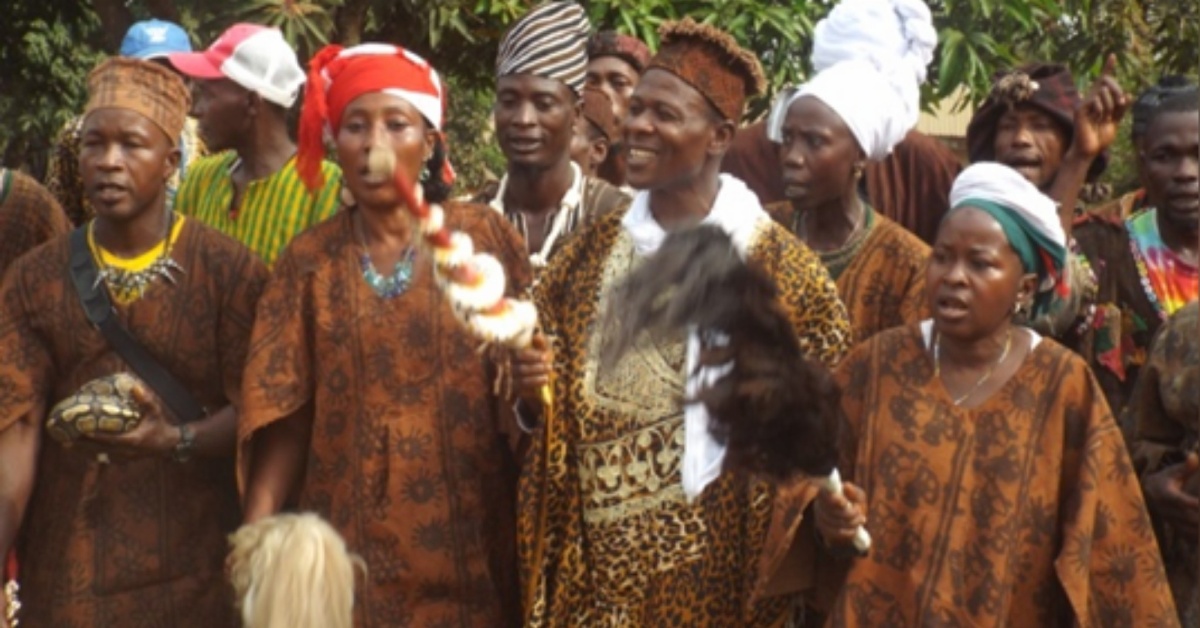The National Sowie Council in Sierra Leone has formally rejected the recently introduced Child Rights Bill, urging other institutions and community members to support their stance.
In a press release dated Thursday, October 24, 2024, the Council characterized the bill as an act of “recolonization” and called for a collective voice against it.
The Council’s statement emphasizes the need for all Bondo and Sande members to actively voice their concerns to their respective sowies, village and town chiefs, section chiefs, and particularly the Paramount Chiefs seated in Parliament.
“This Press Release/Statement is a call to all true and proud Bondo and Sande members to make your voices heard loud and clear,” the Council urged.
According to the Council, the Child Rights Bill, introduced to Parliament on October 17, is misrepresented as a safeguard for children’s rights but is fundamentally an anti-Bondo bill.
They assert that the legislation undermines the authority and sovereignty of the Bondo and Sande societies, labeling it a vehicle for Western interference in the lives of Sierra Leonean women and girls.
The National Sowie Council expressed strong condemnation towards the bill’s sponsors, particularly targeting Honorable Mahoi for introducing the legislation in Parliament.
The Council argues that the bill’s references to “female genital cutting” and “harmful practices” are deceptive and serve to further a narrative that threatens traditional practices.
The Council criticized the proposed involvement of UNICEF in monitoring Bondo and Sande activities in local communities, viewing it as a tactic to undermine the authority of women in these societies.
They warned that such provisions in the bill reflect a broader agenda—namely, the End FGM by 2030 initiative—which they claim is backed by promises of financial support from Western donors and UN agencies.
The Council concluded their statement with a clear message: “It is time to say a firm NO to the anti-Bondo Bill that the Government is masquerading as a Child Rights Bill in the House of Parliament.”
They urged their supporters to unite against what they perceive as an infringement on their cultural practices and governance.












Evil council of societies because they want to continue drinking blood of young generation, let the bill stand, they are not bigger than the government.
While the whites are busy developing a stronger agenda LGBT+, at the same time very busy to kill our very basic traditions and cultures that bind us together. You can tell me that they need to sanitize their activities. But to completely wipe out the bondo and sande societies is uncalled for.
Lesbianism and may activities are evidently present now in our communities and the same people who are condemning our Bondos and Sande societies are actively busy spending on it and even defending it as their basic human rights. SAD DAYS AHEAD
It’s high time FGM is done with; I am all for the Bondo society teaching young women how to be virtuous women, but female circumcision is cruel and inconsiderate to that girl who then have to live her entire life with no sexual sensation. That I will NEVER endorse.